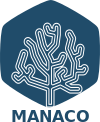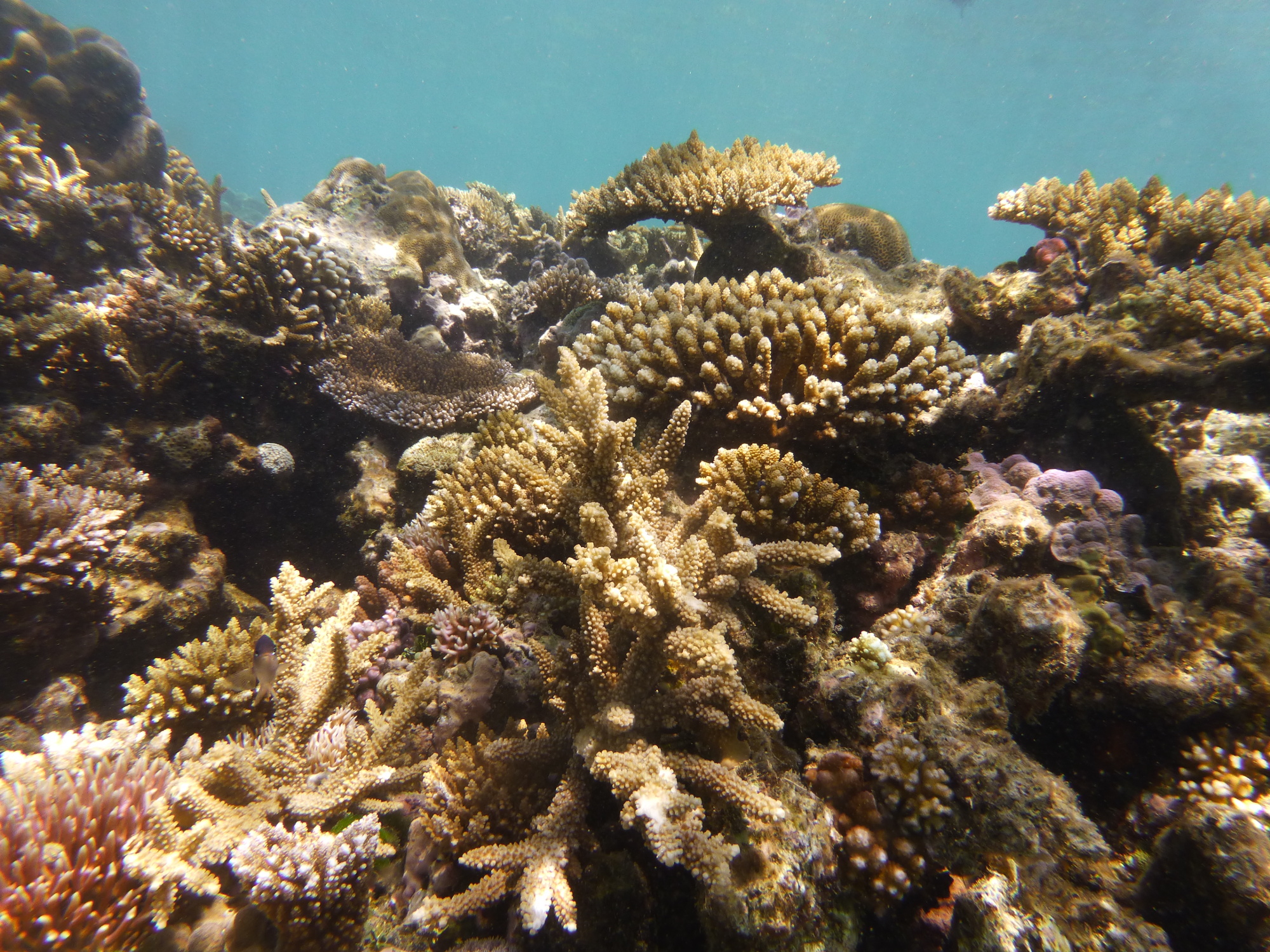Noumea, 4-6 December 2019
SEASCAPE GENOMICS : A NEW TOOL TO SUPPORT CORAL REEF MANAGEMENT
The degradation of the ocean conditions worldwide is threatening the persistence of coral reefs, the most biodiverse ecosystem in our oceans. The future survival of this habitat relies on the capability of corals to adapt to stressful environmental conditions. However, this important aspect is often neglected in conservation strategies. During this symposium (ManaCo, Noumea, 4-6 December 2019), the results of the SABLE project (“A Seascape genomics Approach to improve coral reefs conservation strategies against BLEaching”), supported by the International Reef Initiative (ICRI) and the United Nations Environment Programme (UNEP), aiming to characterize the adaptive potential of corals in New Caledonia, have been presented.
A dedicated interactive workshop showed how this information can be used to model the future of some reef areas, to optimize the chances of survival of existing protected or unprotected marine areas, or even serve as an additional tool in the choice of new protected areas. ManaCo gather scientists, decision-makers, managers, technicians and volunteers around the issue of the sustainability of protected areas and serve as a platform to reproduce the approach on other species of interest such as holothurians or clams as well as in other marine areas.
KEYNOTE SPEAKERS
Prof. Madeleine van Oppen
University of Melbourne, Australia
Prof. Nori Satoh
Okinawa Institute of Science and Technology, Japan
Prof. Anders Meibom
Ecole Polytechnique Fédérale de Lausanne, Suisse
INFORMATION CONTACT
Dr. Véronique Berteaux-Lecellier
ENTROPIE, New Caledonia
veronique.berteaux-lecellier@ird.fr



